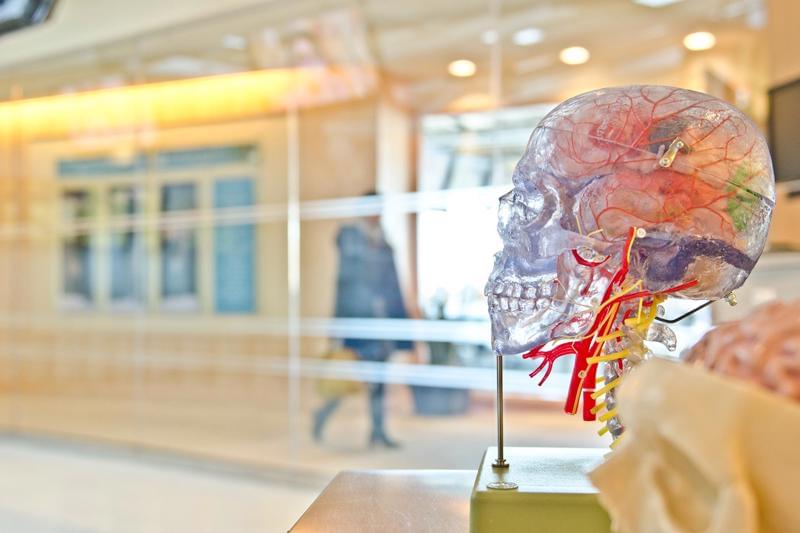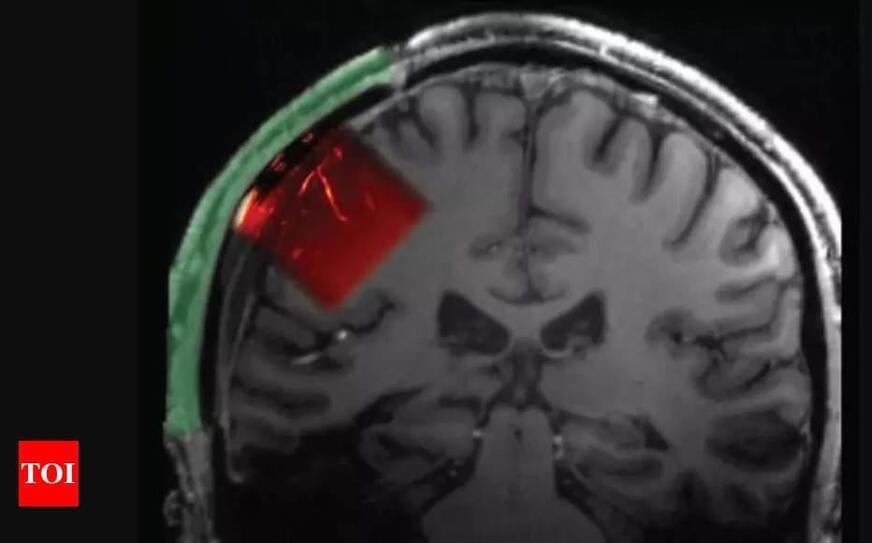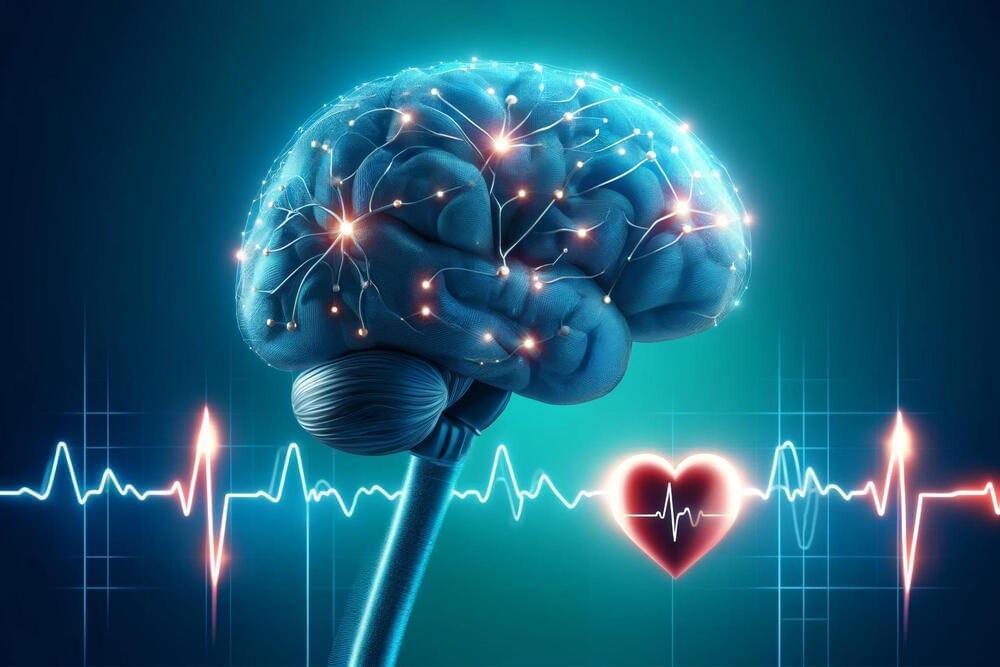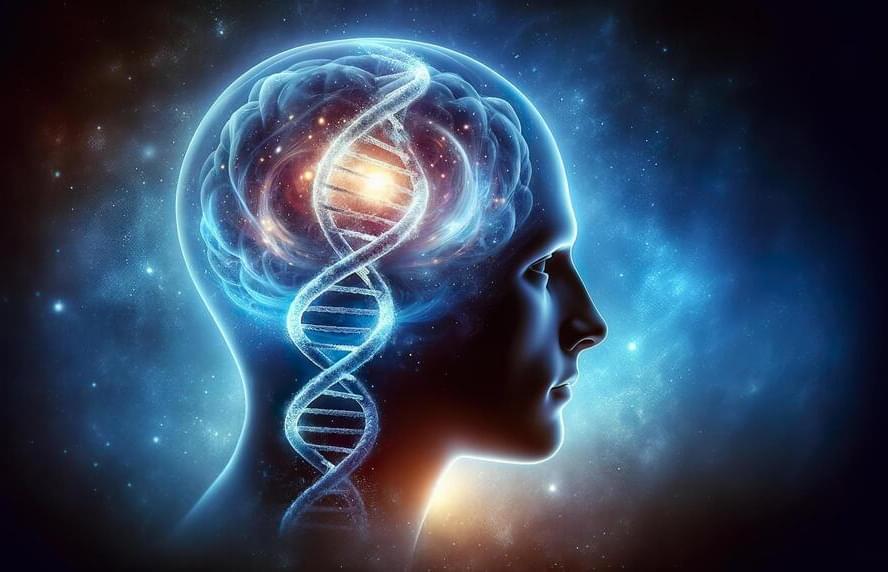Archive for the ‘neuroscience’ category: Page 90
Jun 19, 2024
The Brainstem Fine-Tunes Inflammation Throughout the Body
Posted by Cecile G. Tamura in categories: biotech/medical, neuroscience
Researchers found that mice can sense sugar even if they lack taste receptors.
The evolutionarily ancient part of the brain that controls breathing and heart rate also regulates the immune system — a discovery about the brain-body axis made by experts on taste.
Jun 19, 2024
Brain Damage Study Reveals Part of the Brain Necessary for Helping Others
Posted by Natalie Chan in categories: biotech/medical, neuroscience
Our willingness to help others is governed by a specific brain region pinpointed by researchers in a study of patients with brain damage to that region.
Learning about where in the brain “helping” decisions are made is important for understanding how people might be motivated to tackle large global challenges, such as climate change, infectious disease and international conflict. It is also essential for finding new approaches to treating disorders of social interactions.
The study, published in Nature Human Behaviour, was carried out by researchers at the University of Birmingham and the University of Oxford, and shows for the first time how a region called the ventromedial prefrontal cortex (vmPFC) has a critical role in helping, or “prosocial” behaviors.
Jun 19, 2024
Brain Scans Identify Six Distinct Types of Depression And Anxiety
Posted by Genevieve Klien in categories: biotech/medical, neuroscience
In the future, getting help for depression might involve a quick brain scan to find the most effective treatment for you.
An analysis of brain activity during rest and while undertaking specific tasks among a large group of people with depression and anxiety has identified six distinct types of brain activity patterns, symptoms, and responses to treatment.
The team from the US and Australia who conducted the study also determined treatments that are more likely to work for some of these categories. This means doctors could potentially match patients with the best therapies based on how their brains function.
Jun 18, 2024
Scientists pioneer new ultrasound technology that can scan the brain
Posted by Genevieve Klien in categories: biotech/medical, neuroscience
Scientists have achieved groundbreaking brain mapping using ultrasound, detailed in a May 2024 Science Translational Medicine paper. Led by Richard Andersen and Charles Liu, they developed a non-invasive method to monitor brain activity with unprecedented clarity. This innovation, employing an ‘acoustically transparent’ skull window, allows real-time observation of neuronal and blood flow dynamics. The technique promises new insights into brain function and potential advancements in treating neurological disorders, marking a transformative milestone in neuroscience.
Jun 18, 2024
Study Suggests Computerized Brain Implant Could One Day Decode Internal Speech for Those Who Can No Longer Speak
Posted by Shubham Ghosh Roy in categories: biotech/medical, computing, neuroscience
The ability to communicate using only your thoughts might sound like the stuff of science fiction. But for people who don’t have the ability to speak or move due to injury or disease, there’s great hope that this may one day be possible using brain-computer interfaces (BCIs) that can “read” relevant brain signals and translate them into written or spoken words. A research team has made a preliminary advance in this direction by showing for the first time that a computerized brain implant can decode internal speech with minimal training.
In the new NIH-supported study, researchers implanted such a device in a brain area known to be important for representing spoken words called the supramarginal gyrus in two people with tetraplegia, a condition marked by full body paralysis from the neck down due to cervical spinal cord injury. The researchers found that the device could decode several words the participants “spoke” only in their minds. While we are far from using such a device to decode whole sentences or even phrases, and the exact mechanisms of internal speech are still under study, the findings, reported in Nature Human Behavior, are notable because it had been unclear whether the brain signals involved in thinking words could be reproducibly translated.
The findings come from a team led by Richard Andersen at the California Institute of Technology, Pasadena, CA, and Sarah Wandelt, now at the Feinstein Institutes for Medical Research in Manhasset, NY, and the study was supported by the NIH Brain Research Through Advancing Innovative Neurotechnologies® (BRAIN) Initiative Research Opportunities in Humans program. Though earlier research had shown that brain implants could decode vocalized, attempted, and mimed speech, it had yet to be seen whether internal speech could be similarly decoded.
Jun 18, 2024
Decoding Heart Rate Signals To Refine Brain Stimulation Therapies for Depression
Posted by Saúl Morales Rodriguéz in categories: biotech/medical, neuroscience
Study suggests heart rate may be a useful tool to determine where to stimulate the brains of individuals with depressive disorders when brain scans aren’t available.
New research suggests a common brain network exists between heart rate deceleration and depression. By evaluating data from 14 people with no depression symptoms, the team of researchers at Brigham and Women’s Hospital, a founding member of the Mass General Brigham healthcare system, found stimulating some parts of the brain linked to depression with transcranial magnetic stimulation (TMS), also affected heart rate, suggesting clinicians may be able to target those areas without the use of brain scans that aren’t widely available. The findings were published recently in the journal Nature Mental Health.
Heart-Brain Coupling and TMS.
Jun 18, 2024
Decoding Mental Health With Advanced Brain Gene Maps
Posted by Saúl Morales Rodriguéz in categories: biological, genetics, health, mapping, neuroscience
Groundbreaking maps reveal the complex gene regulation in brains with and without mental disorders, enhancing the understanding of mental illnesses and potential treatments.
A consortium of researchers has produced the largest and most advanced multidimensional maps of gene regulation networks in the brains of people with and without mental disorders. These maps detail the many regulatory elements that coordinate the brain’s biological pathways and cellular functions. The research, supported by the National Institutes of Health (NIH), used postmortem brain tissue from over 2,500 donors to map gene regulation networks across different stages of brain development and multiple brain-related disorders.
“These groundbreaking findings advance our understanding of where, how, and when genetic risk contributes to mental disorders such as schizophrenia, post-traumatic stress disorder, and depression,” said Joshua A. Gordon, M.D., Ph.D., director of NIH’s National Institute of Mental Health (NIMH). “Moreover, the critical resources, shared freely, will help researchers pinpoint genetic variants that are likely to play a causal role in mental illnesses and identify potential molecular targets for new therapeutics.”
Jun 17, 2024
Banish breakup blues: New headset zaps brain to ease heartbreak
Posted by Shubham Ghosh Roy in category: neuroscience

New research indicates tDCS headsets may help reduce post-breakup misery and depression:
Researchers theorized that using transcranial direct current stimulation in specific brain areas might alleviate the emotional distress linked to heartache.
Jun 17, 2024
Head Transplant Machine — BrainBridge
Posted by Paul Battista in categories: biotech/medical, neuroscience, robotics/AI
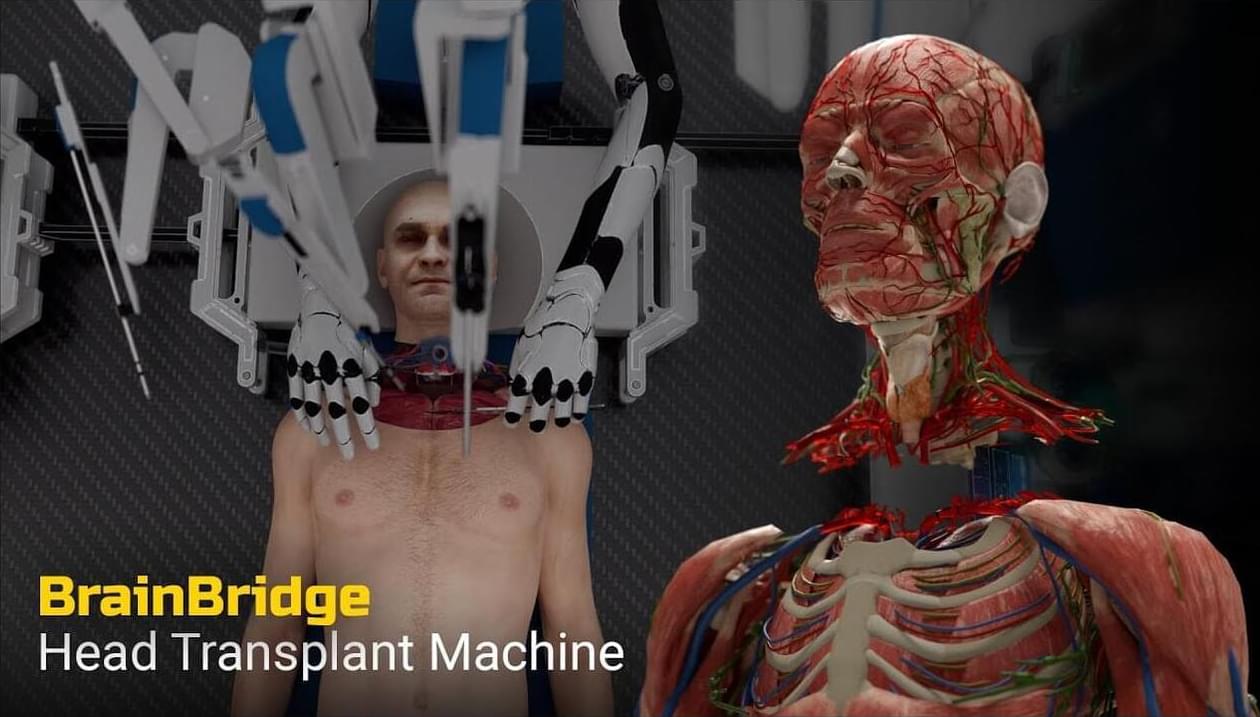
Today I’m thrilled to announce BrainBridge, the world’s first concept for a head transplant system, which integrates advanced robotics and artificial intelligence to execute complete head and face transplantation procedures. This state-of-the-art system offers new hope to patients suffering from untreatable conditions such as stage-4 cancer, paralysis, and neurodegenerative diseases like Alzheimer’s and Parkinson’s.
Official website: https://brainbridge.tech/
Follow me everywhere: https://muse.io/hashemalghaili.


